Succeeding in Silicon Valley: Overcoming Self-Doubt and Striving for Success
In a basement speakeasy located in San Francisco’s Tenderloin district, notorious for its drug markets and urban decay, a gathering is taking place.
This event centers on the experiences of British entrepreneurs aiming to thrive in the Bay Area, featuring some of the leading British cybersecurity experts who have come from Plexal, a key London innovation hub partnered with the UK’s Intelligence Service (MI6).
Alastair Paterson, the CEO of Harmonic Security and a San Francisco resident, emphasizes the importance of being in the US to succeed as a tech founder: “To achieve success, conquering the US market is critical. Being here is essential for this mission,” he states. Previously, Paterson led Digital Shadows, which he sold to an American firm for $160 million in 2022.
For aspiring tech founders from the UK, the question arises: is relocating to the US necessary to establish a successful tech startup? And for those already eager to embark on their entrepreneurial journey in Silicon Valley, what advice do seasoned veterans offer?
Statistics underline the significance of Silicon Valley as a funding powerhouse, particularly for artificial intelligence ventures. In 2024, almost $100 billion (£75 billion) was raised by US tech firms, vastly outstripping the UK’s capital, which totaled a mere fraction of that amount. According to PitchBook, US investments could surpass that total in 2025, having already exceeded $70 billion.

American AI companies attracted $47.2 billion in funding in 2024, contrasting sharply with the UK’s $3.8 billion, per Atomico’s State of European Tech report. Paterson warns that US investors seek substantial returns, and founders must consider, “Am I aiming for a significant outcome? If yes, US investment is crucial.”
Paterson exemplifies this strategy, having raised $26 million from American investors for Harmonic in its inaugural year.
For many British entrepreneurs, the idea of “playing to win” can be unsettling. As they prepare for their move to San Francisco, they need to shed any lingering self-doubt, irony, and cultural norms that don’t resonate with the Bay Area’s bold ambitions.
Despite the casual atmosphere, it’s vital to recognize the wealth surrounding you; affluent areas like Pacific Heights and Russian Hill are home to substantial fortunes, where property prices can easily exceed $50 million. Strategic networking during your coffee breaks could lead to your startup obtaining a billion-dollar valuation.
Lisa Wehden, founder of Plymouth—a startup assisting individuals with navigating the US immigration process—knows this terrain well. Initially drawn to Silicon Valley to enhance her understanding of technology, she faced visa hurdles but managed to secure her O-1 visa, leading her towards entrepreneurial success.
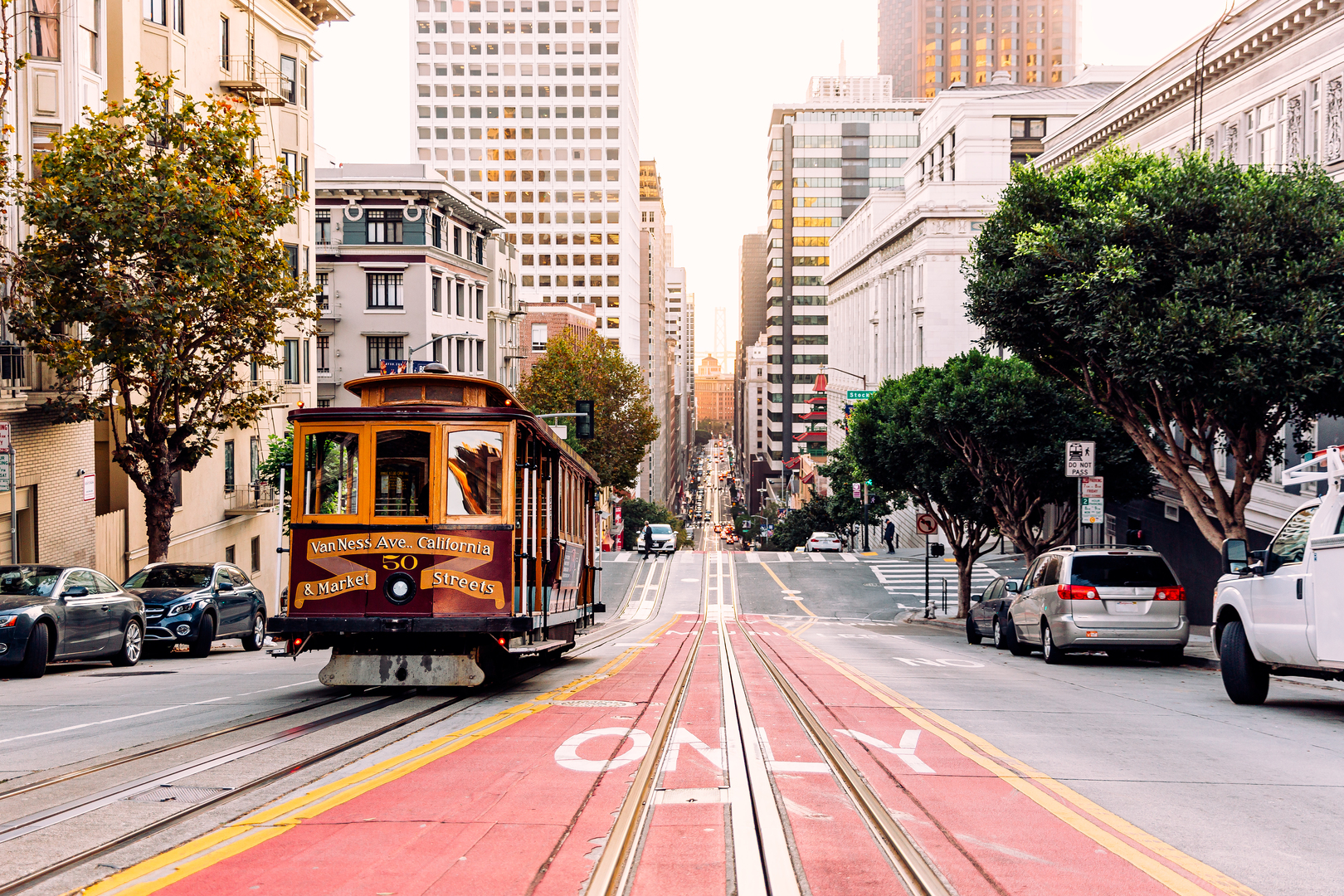
Networking proves crucial for founders, especially in a city like San Francisco, which holds many prospective connections. Newcomers can benefit from joining GBx Global, a non-profit network of British entrepreneurs and investors, fostering valuable relationships within this tight-knit community.
Since its establishment over a decade ago, GBx has expanded to over 300 members, including influential figures like Slack’s CTO Cal Henderson and other industry leaders. Last year alone, GBx-connected founders raised upwards of $840 million in funding.
British professionals are making significant contributions to major Silicon Valley firms. Notables include Sarah Friar at OpenAI and Fiona Cicconi at Alphabet, showcasing the impactful presence of UK talent.
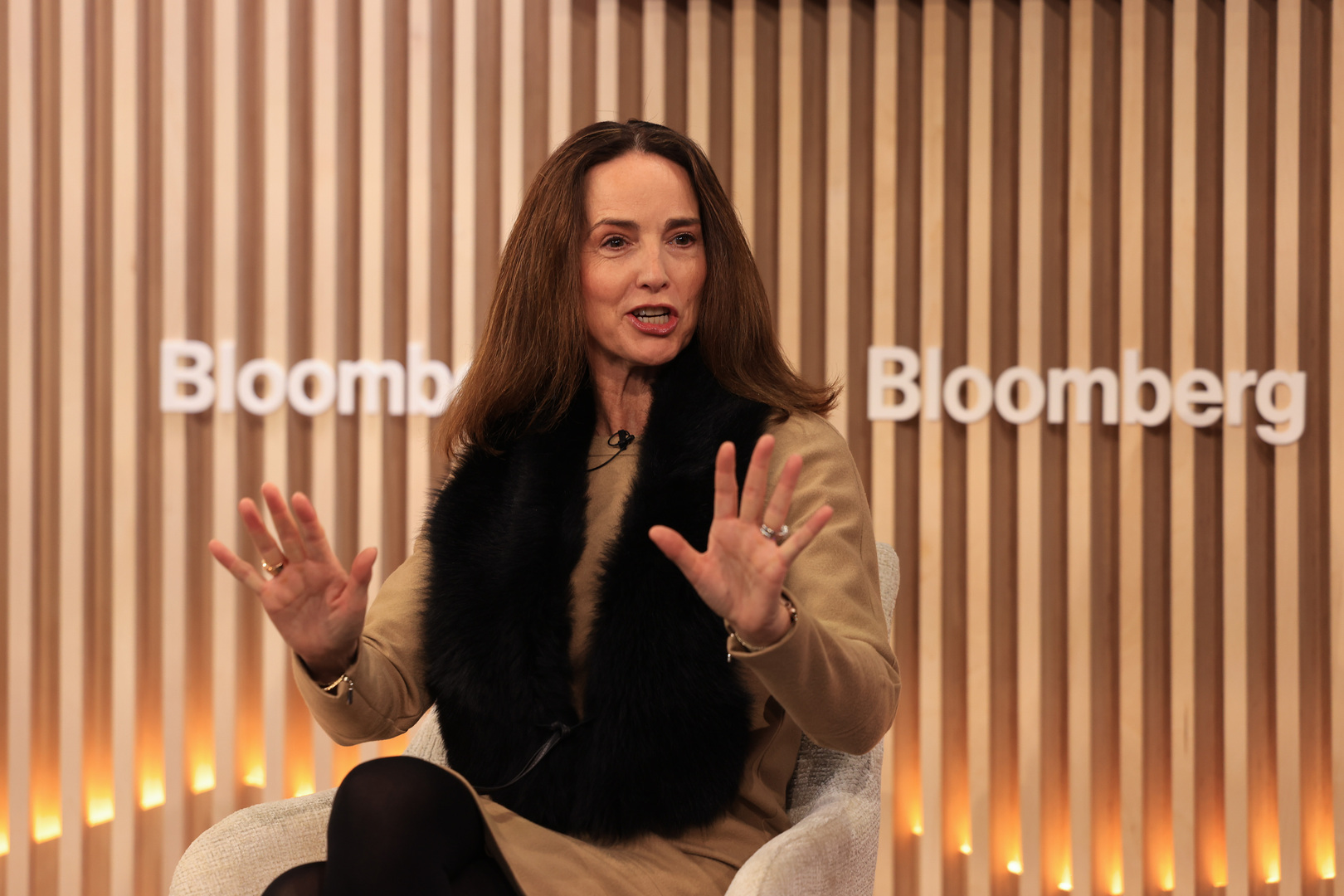
Despite its reputation for limited nightlife, certain neighbourhoods in San Francisco offer social opportunities. Wehden recommends areas like NoPa, Pacific Heights, and the Mission District, depending on one’s London origins.
James Croom, who manages marketing for Google Chrome, was initially attracted to the cultural richness in the Bay Area back in 2004. Now, having experienced extensive commutes, he views the travel as an investment into a vibrant lifestyle.
A snapshot of daily life in San Francisco often reveals stark contrasts, from public struggles with addiction to displays of extreme wealth, encapsulating the city’s extremes.
Chasing dreams of success in the heart of technology requires resilience—both in navigating the opportunities San Francisco offers and confronting the inevitable challenges that come with it. Ultimately, if a founder does not succeed, the costs of living in such an environment can make continuing untenable.
Kathryn Parsons is founder of Decoded and co-chair of GBx.
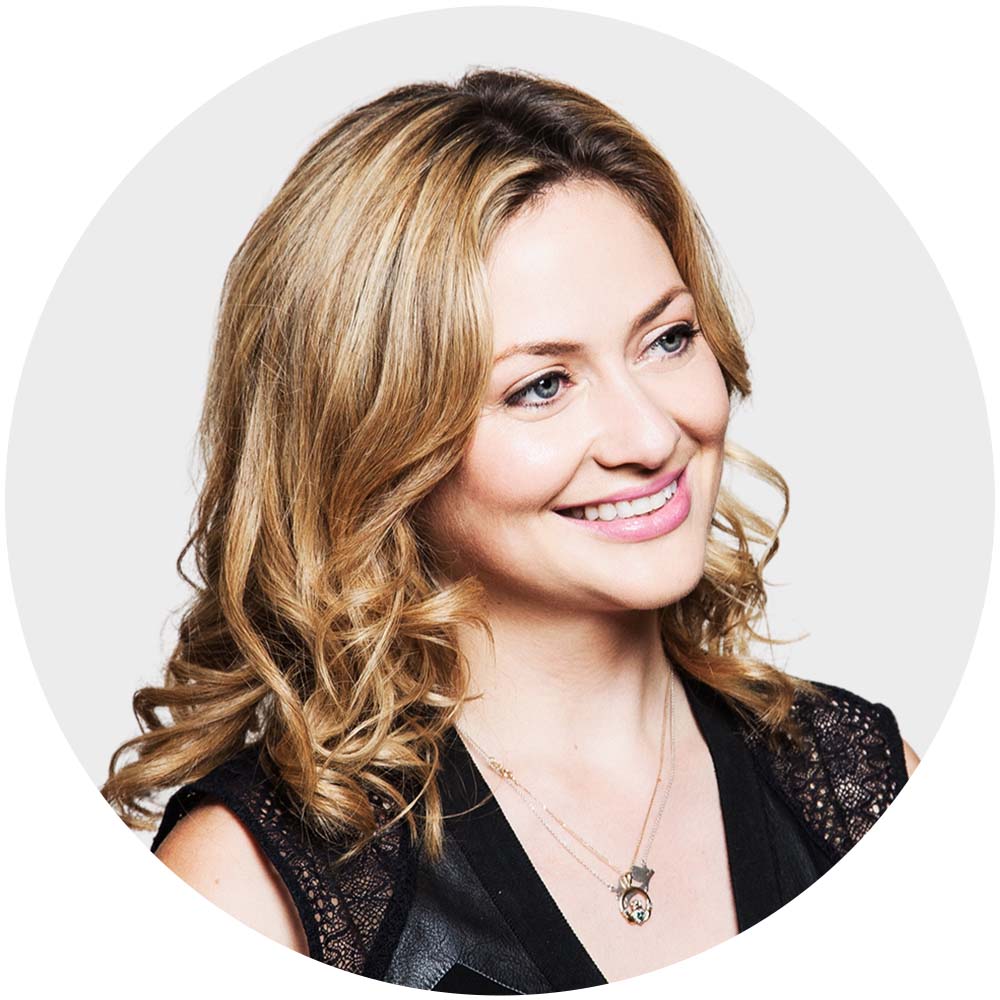
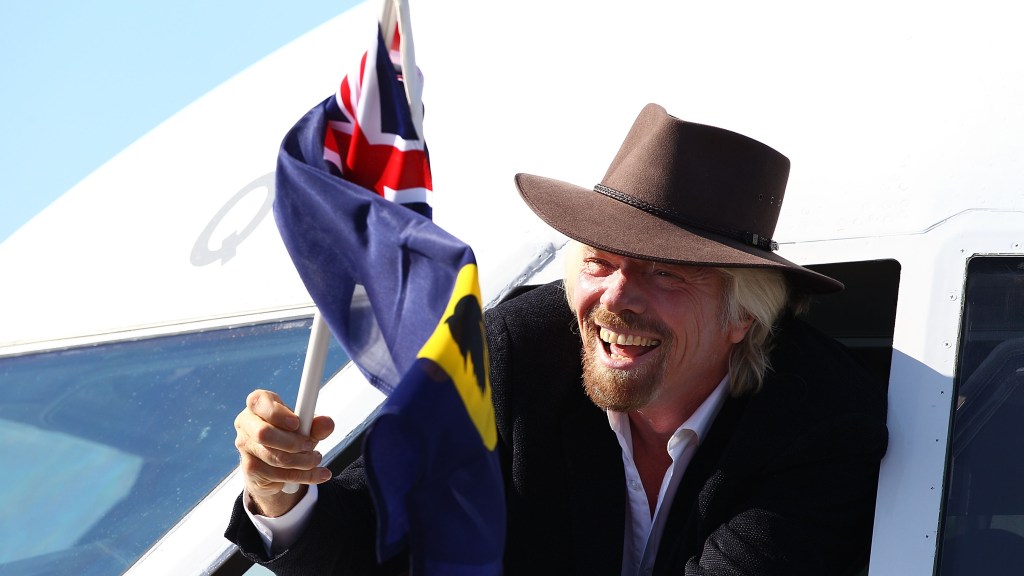
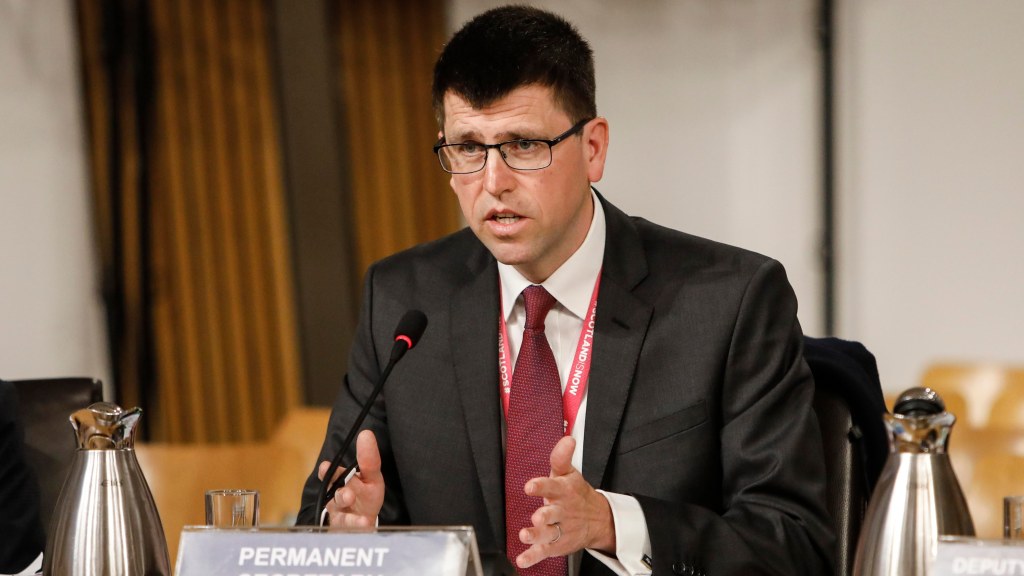

Post Comment